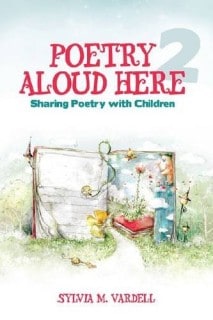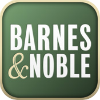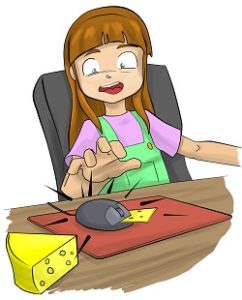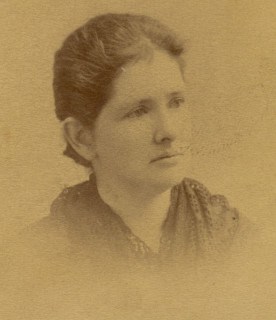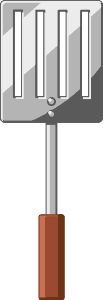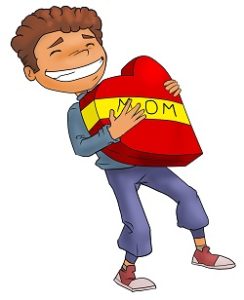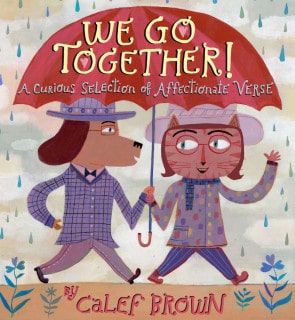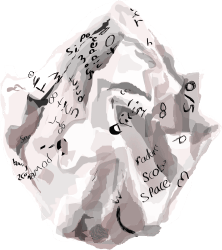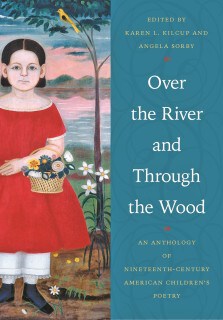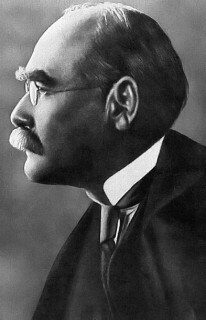If you are a teacher, librarian, or other adult who uses children’s poetry as an educational tool, Poetry Aloud Here 2: Sharing Poetry with Children by Sylvia M. Vardell is a book you need to know about. This outstanding resource provides educators with tons of practical information on teaching poetry in both formal and informal settings, including including how and why to promote poetry to children, strategies for presenting poetry to kids, what kinds of poems children enjoy, biographies of many important children’s poets, follow-up activities, web resources, and so much more.
This revamped and expanded edition of the original Poetry Aloud Here! details best practices gleaned from years in the field, with numerous suggestions that cross the curriculum from literature to science and math, and includes expanded lists of poems, in-depth poet profiles, book-poetry pairings, and other tools useful for programming and collection development.
About the Author
Sylvia M. Vardell is currently Professor at Texas Woman s University in the School of Library and Information Studies, where she teaches graduate courses in children s and young adult literature. She has published articles in Book Links, Language Arts, English Journal, The Reading Teacher, The New Advocate, Young Children, Social Education, and Horn Book, as well as several chapters and books on language and literature. A presenter at many state, regional, national, and international conferences, Vardell organizes the “Poetry Round Up” session at the Texas Library Association conference. She received her Ph.D. from the University of Minnesota in 1983.

